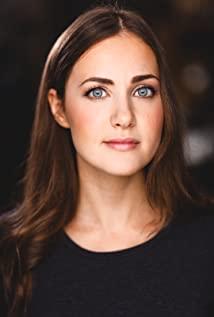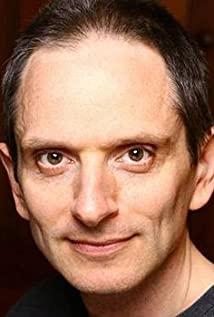Before watching this film, get to know Ruth Bader Ginsburg, a well-known American feminist progressive lawyer. She was nominated by President Clinton in 1993 to become the first Jewish female Supreme Court justice in the United States. The now 84-year-old justice, who has experienced colorectal cancer and pancreatic cancer, resolutely announced that he will retire at the age of 90. That alone is worthy of respect. The story begins when Ruth Bader Ginsburg entered Harvard Law School in 1959. As one of only 9 women out of 500 law school students, Ruth knew what it was like to survive in such a patriarchal society. difficult. Surprisingly, the film does not spend a lot of space describing the sexism Ruth suffered in her studies and work, but instead focuses on her family. Take care of a sick husband, be a good husband's helper, resolve the estrangement with your daughter, etc. It was her family that gave her the courage and strength to fight. Like a typical lawyer film, the climax of the film comes from the courtroom debate. It is a pity that the opponents of the debate appear very thin and unconvincing. Perhaps the fact is that the wheel of history is rolling over these unequal laws, as the director shows. The only bright spot in the courtroom was Ruth's statement to the justices, "We're not asking you to change the country. That's already happened without any court's permission. We're asking you to protect the right of the country to change." "We are not asking you to change this country because she is changing without anyone's permission. We ask you to protect her right to change. This sentence also confirms the famous saying that Ruth learned during his Harvard school, "A court ought not be affected by the weather of the day, but will be by the climate of the era.
View more about On the Basis of Sex reviews











